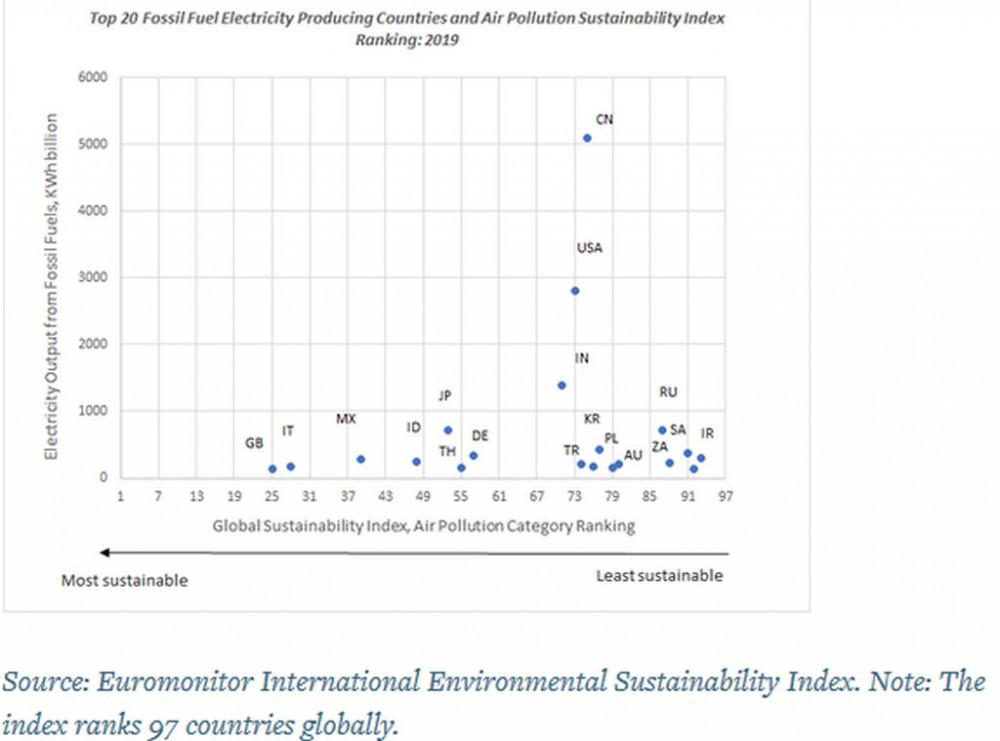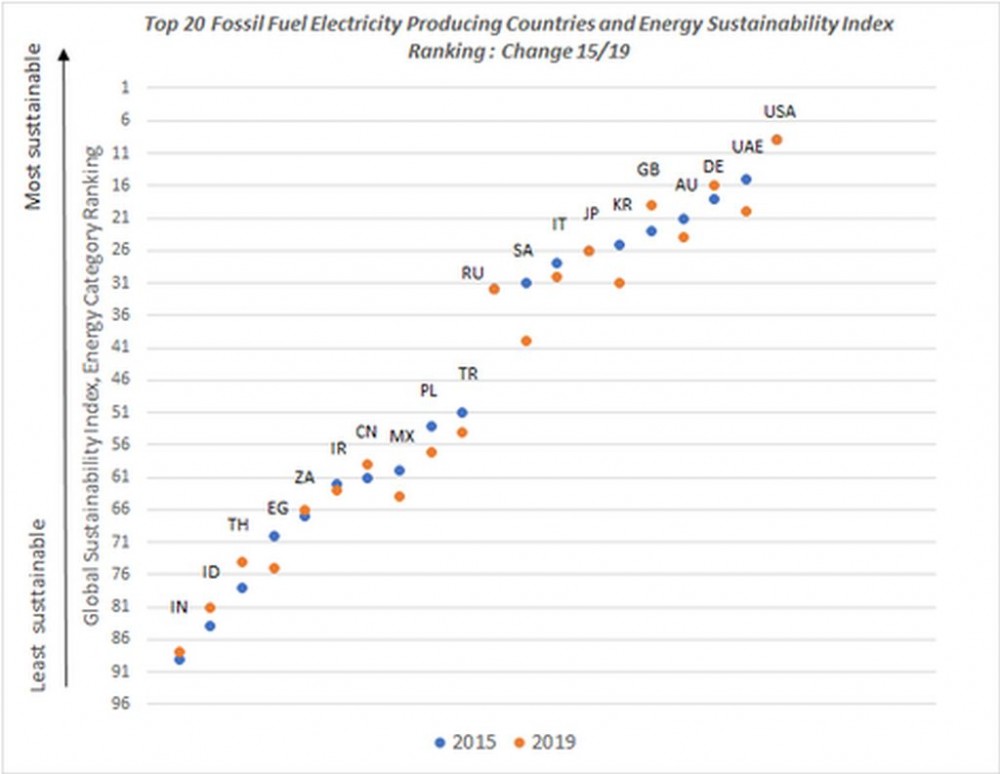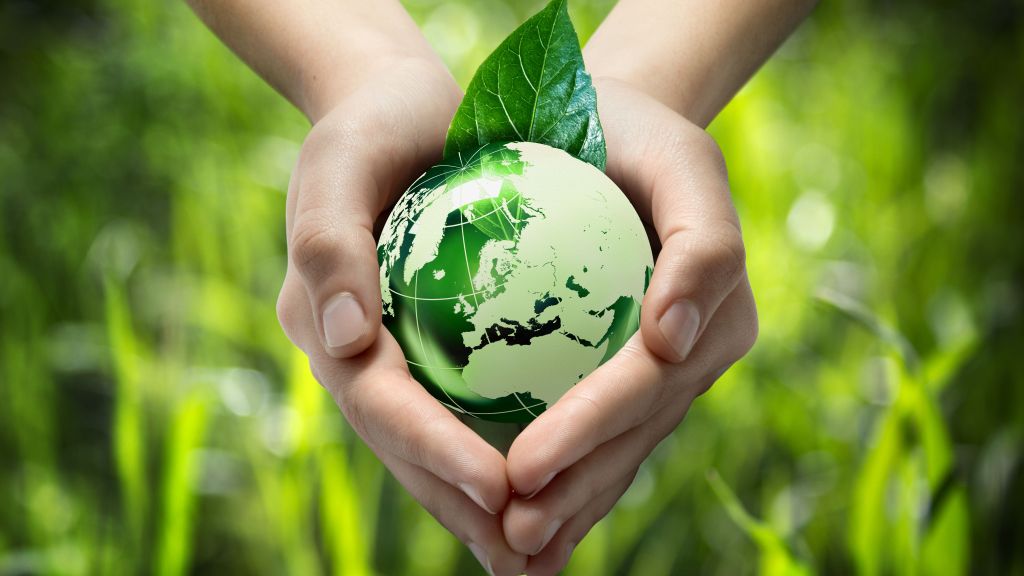2020 has become a landmark year, when due to Coronavirus (COVID-19), a dip in global electricity consumption and mobility demand has triggered a significant temporary decline in pollution and ignited a dialogue for profound changes for sustainability strategies and climate action. However, the potential green recovery plans in Europe, eliminating, for example, coal from their energy mix, can fail if the US and Asian countries (mainly China and India), the world’s biggest polluters, are not joining such sustainable strategies.
Focus shifts towards greener post-lockdown world
In January 2020, the European Union (EU) led the global agenda by announcing its determination to stay with the European Green Deal plans, shifting the post-lockdown recovery focus on sectors and growth opportunities with reduced CO2 emissions. The EU’s ambition to become the first climate-neutral region in the world by 2050 is still the key agenda, with the EU proposing a climate law and European Climate Pact in March 2020:
• Sustainable Europe Investment Plan, presented in March 2020, is expected to mobilise public investment and private funds through EU financial instruments, leading to potentially EUR1 trillion of investments over the next decade;
• The plan’s Just Transition Mechanism mobilises targeted support of EUR100 billion over the period 2021-2027 for countries that would be most affected by the green transition and rely on fossil fuel value chains.
As economies pick up the pace on their way to economic recovery, CO2 emissions might rebound and can quickly return to the steep trajectory without proper policies in place. In June 2020, the International Energy Association (IEA) released recommendations for a Sustainable Recovery Plan with a set of concrete measures and policies that world governments could consider while shaping COVID-19 stimulus packages. The benefits of implementing the proposed IEA plan would help stimulate economies while reaching global sustainability goals. Recommendations include:
• Boosting investment into expansion and modernisation of electricity grids and support to growth of wind and solar PV;
• Some of the key recommendations for countries with carbon-intensive electricity sectors included elevating investment into R&D and technologies that reduce pollution and emissions from coal and gas as well as granting gas-fired generation priority to the grid ahead of coal. The IEA emphasises that coal-to-gas switching within the existing fleet of power plants as a transition measure can deliver immediate reductions of CO2 emissions.
The success of global energy sector transformation depends on China, the US and India
The global standout trio in fossil fuel-generated electricity – China, the US and India – are key to the world’s ability to tackle sustainability goals successfully. In 2019, these three countries accounted for 70% of global electricity volume generated from fossil fuels.

Since 2015, the US has showed minimal reduction in fossil fuel-driven electricity. In the meantime, China and India have increased the volume by 20% and 35%, respectively, over the period 2015-2019 remaining in the bottom half of Euromonitor’s Global Sustainability Index Air Pollution ranking in 2019. As coal is being abandoned and phased out by governments and financial markets around the world, the demand in Asia, especially in developing economies, remains a serious issue.

Source: Euromonitor International Environmental Sustainability Index. Note: The index ranks 97 countries globally.
Asia may miss post-lockdown green restart putting global goals at risk
The emphasis on deep decarbonisation of the global energy supply is at the core of green recovery policies, tackling demand-side issues across all user sectors. Germany and the UK are already on the upper end of Euromonitor’s Global Sustainable Energy Pillar ranking in 2019, both improving their position from their rank since 2015.
Germany is shutting its last coal-fired power plant by 2038.......................................................................................................
The article is property of Euromonitor International, a market research provider, and can be read in full here.


































